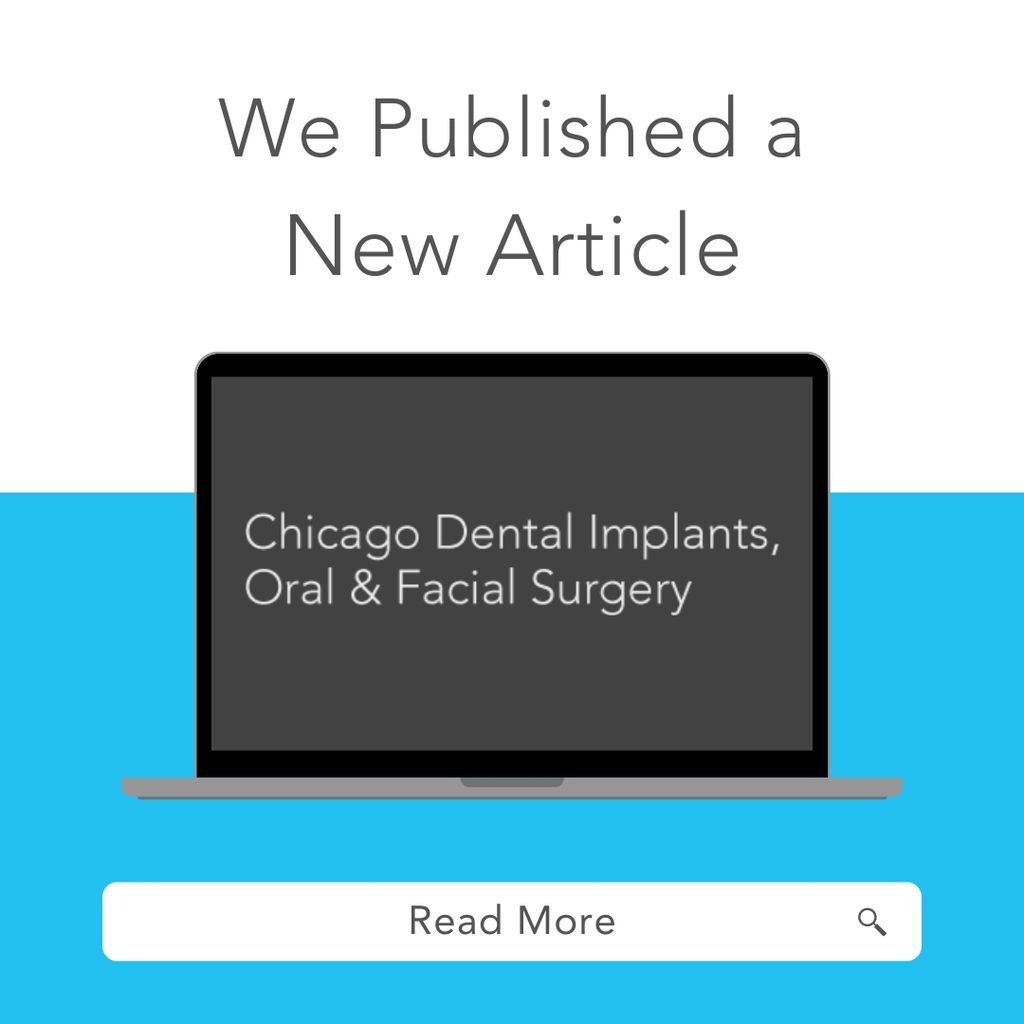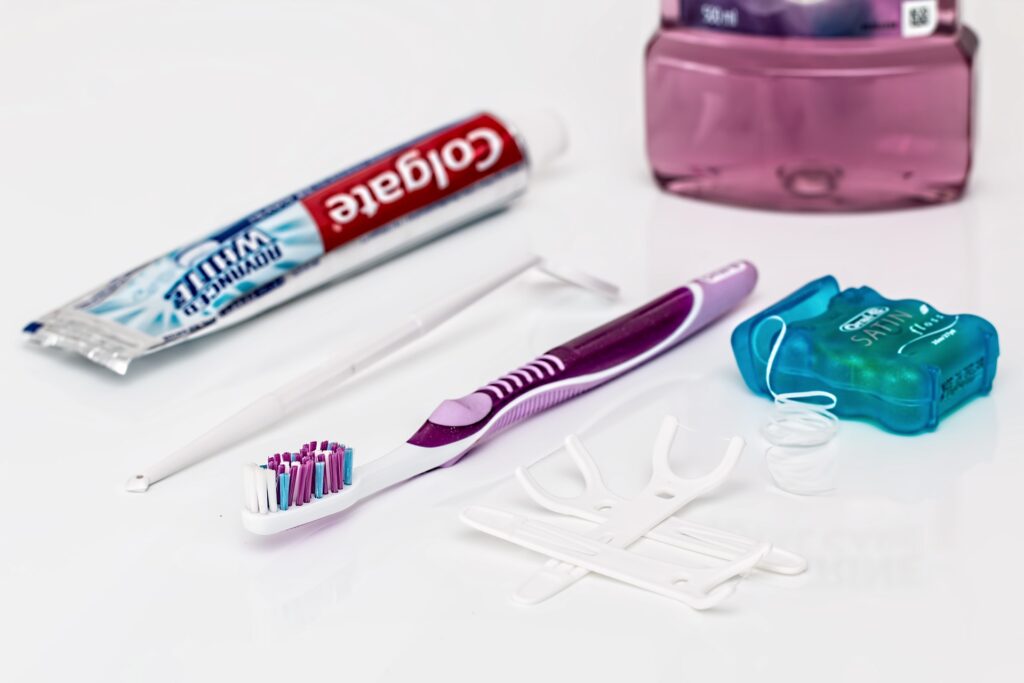
After undergoing dental implant placement, following a soft food diet is crucial for ensuring proper healing and minimizing discomfort. At Chicago Dental Implants, Oral & Facial Surgery, we guide our patients through the recovery process with helpful dietary tips designed to promote optimal healing. As an oral surgeon in Orland Park, we understand the importance of choosing the right foods during the recovery phase to support the healing of your implant site and ensure your comfort.
Soft and Nutritious Foods for Recovery
For the first few days to weeks after your dental implant procedure, it’s essential to eat soft foods that don’t require much chewing or exert pressure on the implant. These nutrient-rich foods will help you heal efficiently while also providing the necessary vitamins and minerals to support tissue recovery.
- Soft Fruits
Bananas, avocados, and other soft fruits are excellent choices as they are easy to eat and provide essential nutrients like potassium and healthy fats. These foods are gentle on your healing gums and can easily be incorporated into your diet. - Scrambled Eggs
Scrambled eggs are a great source of protein and are soft enough to eat without irritating your implant site. Eggs are packed with essential nutrients that promote tissue repair and help keep your body strong during recovery. - Steamed Vegetables
Steamed or well-cooked vegetables like carrots, spinach, and zucchini can be easily consumed without much chewing. They offer vitamins and fiber that support the healing process and boost overall health. - Low-Fat Dairy
Dairy products like yogurt and cottage cheese are not only soft and soothing but also provide the protein and calcium necessary for maintaining healthy bones and tissues during your recovery. - Legumes
Beans and lentils are excellent plant-based protein options that are soft enough to eat and provide fiber, which can support your digestive health while healing.
Additional Post-Implant Food Ideas
In addition to the above options, you can also include the following foods to further support your recovery:
- Protein Shakes
Protein shakes made with milk or a non-dairy alternative are a great way to ensure you’re meeting your nutritional needs. Be sure to sip the shake from a glass instead of using a straw to avoid disturbing the healing process. - Soup and Broths
Warm soups and broths are both comforting and easy to consume after dental implant surgery. Opt for pureed or strained soups to avoid any solid pieces that might irritate the implant area. - Smoothies
Smoothies made with soft fruits like berries, peaches, and yogurt are an excellent choice for hydration and nourishment. Blending these ingredients ensures they are easy to drink without putting stress on your healing mouth. - Mashed Potatoes
Soft and creamy mashed potatoes are another ideal option for the first stages of recovery. They’re easy to eat and provide a comforting, nutritious meal. - Oatmeal
Cooked oatmeal is soft, filling, and easy to chew. You can add mashed fruit or honey to enhance its flavor and nutritional value.
Tips for Comfortable Eating During Recovery
- Temperature: Ensure your food is at a lukewarm temperature to avoid any discomfort or sensitivity at the surgical site.
- Avoid Spicy Foods: Spicy foods can cause irritation and discomfort, so it’s best to avoid them during your recovery.
- Chew on the Opposite Side: To protect your implant site, chew on the opposite side of your mouth until the area has fully healed.
- Stay Hydrated: Drinking plenty of water is essential for your overall health and helps promote the healing process.
By following these dietary recommendations and being mindful of your food choices, you can support your recovery after dental implant surgery and ensure a smooth, comfortable healing process.
If you have any questions or need to schedule a follow-up appointment, contact our office today. As an experienced oral surgeon in Orland Park, we’re here to help you every step of the way on your journey to a healthier, restored smile.













